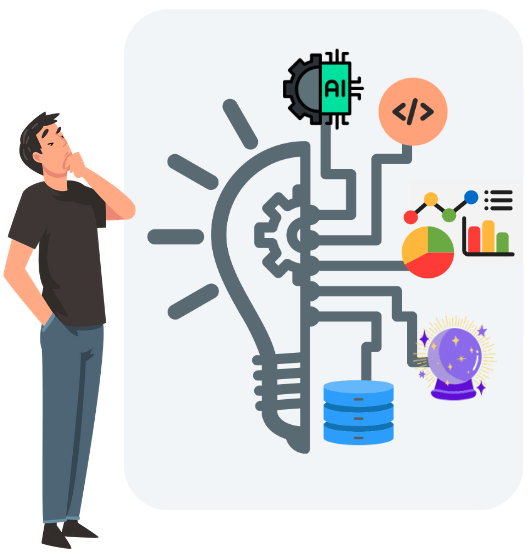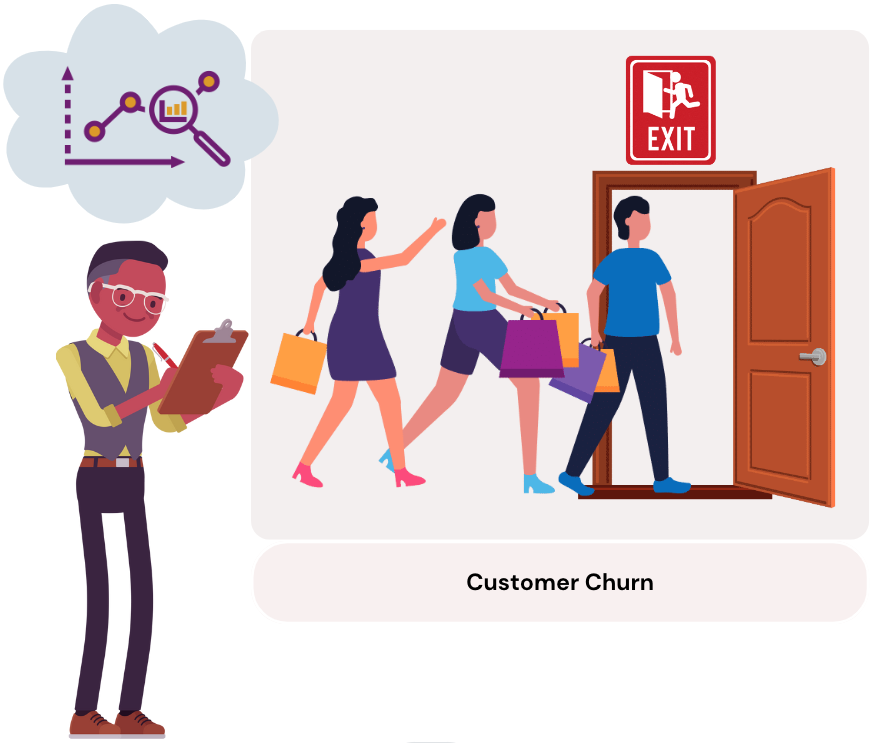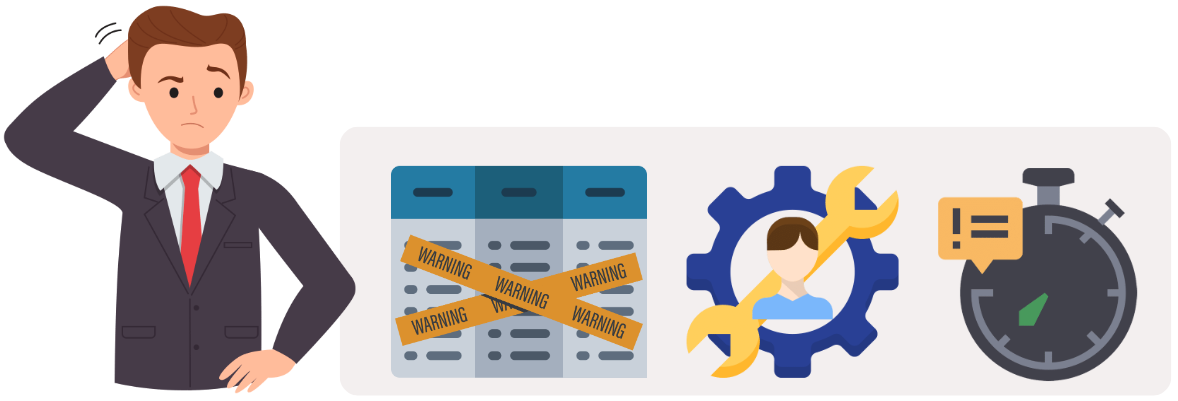Leveraging analytical expertise
Data Fluency

Konstantinos Kattidis
Data Analytics Lead
Beyond the skill of exploring and describing data
- Going beyond basic exploratory analysis or methods to describe data
- Complex analytics methods include:
- Analysis of large datasets
- Building KPI dashboards
- Developing predictive models

Being aware of the techniques

- Data-fluent individuals do not need to master the intricacies of advanced analytical methods
- But they should know the existence and understand the potential of such methods
- And collaborate with data experts
- This helps to apply more effective analytical solutions
Identifying use cases for advanced analytics
- Data-fluent individuals can identify business use cases for advanced analytics
- For example:
- A marketing manager recognizes the potential of predicting customer churn to target retention strategies

Collaborating with data experts
- Collaboration with data experts is the key to success
- Business individuals provide domain expertise
- Data experts bring technical knowledge
- This collaborative environment nurtures innovation, as business insights and technical expertise converge to solve complex challenges

Understanding the limitations

- The effectiveness of advanced analytical methods hinges on the quality of input data
- Addressing missing values, and handling outliers are essential
- It requires:
- Specialized skills
- Computational resources
- Time
Example: balancing accuracy and time constraints

- An operations manager at a retail store requests the development of a demand forecast to help make informed restocking decisions
- A complex model can potentially yield higher accuracy but may demand extensive time and resources
- As simpler approach is used to balance accuracy and time constraints
Let's practice!
Data Fluency

